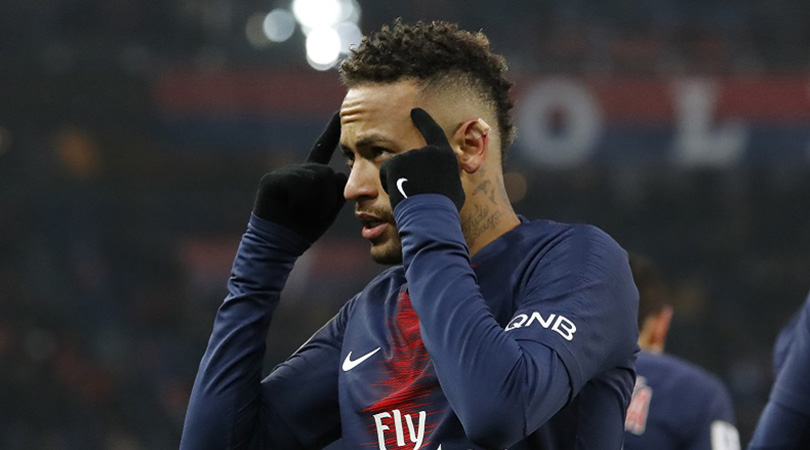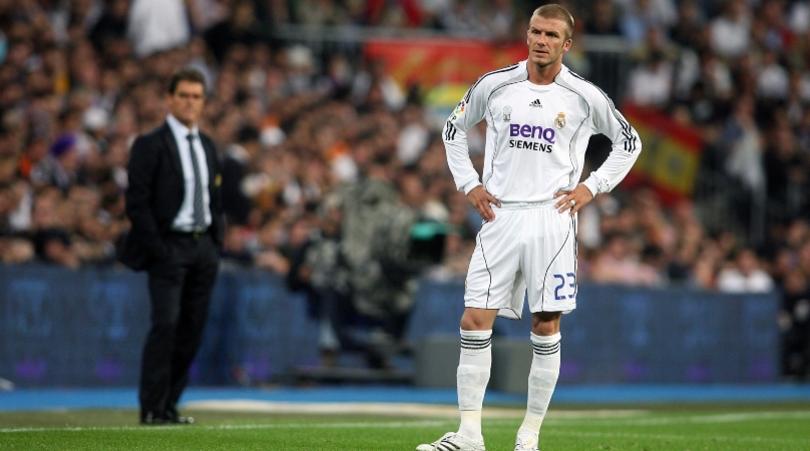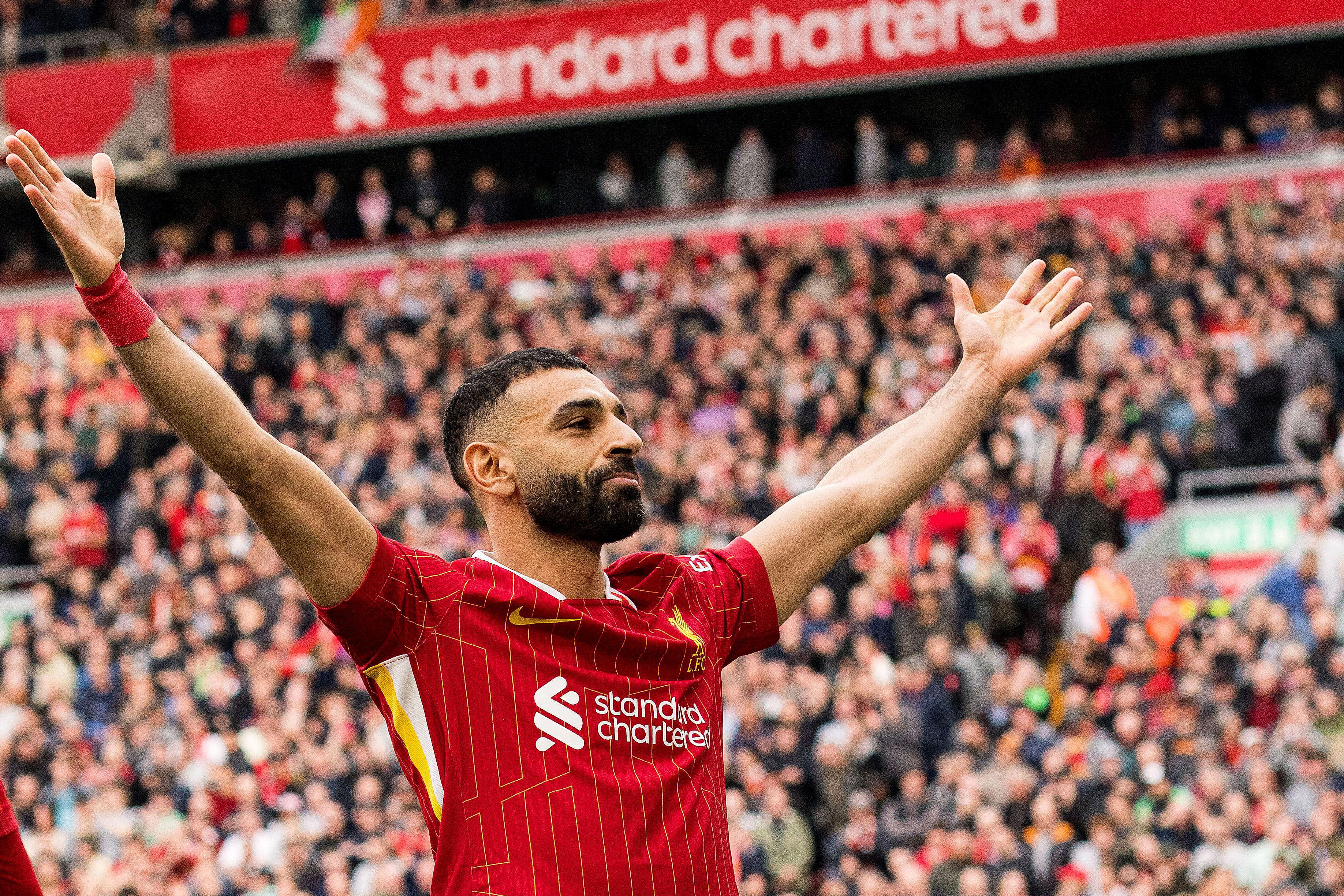How European football ended up full of stranded superstars – and absolutely everybody loses
Some of football's most famous faces are in for a season of stagnation, as finding a move proves harder than ever for the game's elite

In theory, the life of an elite-level millionaire sportsman should be a pretty dreamy one. But look around Europe right now and you’ll see a fair few superstar footballers who have spent their summers beset by misery, isolation and thwarted talent.
Most obvious is Gareth Bale, who has been frozen out of Real Madrid's first-team set-up, shamed by his manager and denied an 11th-hour escape, all in the space of a few short weeks. He remains at the Bernabeu, unwanted and unhappy, as the transfer window ticks towards its close.
A few hundred miles to the north, in another sun-dappled European capital, a similarly dismal situation is playing out. Neymar may be the planet’s most expensive player, but he is no longer wanted by the club that parted with £200 million for him, nor does he want to be at Paris Saint-Germain.
Then there’s Philippe Coutinho, scapegoat-in-chief for Barcelona’s perceived failures since his arrival and, 18 months after his record-breaking transfer, without an obvious place in the side. And James Rodriguez, not even dignified with a squad number at Madrid this season. In all instances, a quick and easy departure – maybe even at a knock-down price – would suit all parties. The only hitch? There’s not a taker in sight.
Nor is there a willing buyer who can afford Paul Pogba, a staggeringly gifted fusion of technique and athleticism in his peak years; or for Christian Eriksen, a world-class playmaker who would improve pretty much any squad in Europe. Both men began their summer in the time-honoured way of issuing a come-and-get-me plea through the media. Both were answered – but only by Madrid in Pogba's case, while Manchester United left it too late to make advances for Eriksen.
At least they're likely to see some game time should their moves fail to materialise. Across north London, Mesut Ozil remains an Arsenal player, but on increasingly part-time terms. His old team-mate Alexis Sanchez seems set for another season of moneyed purgatory at Old Trafford, while another former colleague, Gonzalo Higuain, is likely to meet the same fate at Juventus.
That trio may be a shade past their prime, but at 30 and 31 they are hardly in their pipe-and-slippers years. Gainful employment shouldn’t be this hard to come by.
Get FourFourTwo Newsletter
The best features, fun and footballing quizzes, straight to your inbox every week.
Each case is different, of course. But while the specifics vary, the general situations are strangely similar. Taken together, these stranded superstars can be seen as a symptom of the fast-narrowing frontiers of top-level football. With power now so concentrated among such a small number of clubs, and the disparity in resources between the elite and the rest now so enormous, the list of possible destinations for an established A-lister suddenly looks vanishingly thin: it essentially amounts to two clubs in Spain, five in England, and one apiece in Germany, France and Italy. And after that, China.
The other option is to take a steep pay cut and slum it with the proles – somewhere like Spurs, maybe, or Inter, or Dortmund. That’s often touted as the morally upstanding route, the obvious choice for a mind unpoisoned by greed.
But would you sell your labour for well below its market value if you already had a lengthy contract you were happy with? And what if your labour was highly specialised, spectacularly valuable and would be worth far less once you hit your late 30s? At the very least, any player digging their heels in has a fair point.
Clearly, this is a situation with no real winner. The player waves goodbye to status and prestige, if not money. (Not to mention a sense of adventure: once upon a time, a career in top-level European football could encompass any number of clubs across all corners of the continent; these days the path to the top is rigid and formulaic, ending inevitably at one of the Spanish giants.)
The club continues to plough vast piles of cash into the pockets of an employee they’d rather be rid of. The agents lose out on their commission fees. And for the rest of us, the pleasure of watching a top-level footballer playing with freedom and enjoyment – perhaps even playing at all – is denied.
But the problem runs deeper than a few unrealised transfers. Because even if the sought-after moves do happen, this new landscape remains a troubling sight. Football's highest level is, by definition, where competition and excitement should be at its strongest – yet it now consists of the same names frog-hopping between the same handful of superclubs; the same pool of resources being hoarded and re-shared between the same tiny elite. You don't need an economics degree to see a sport whose fundamental competitiveness is being whittled away by a 1% intent on ring-fencing their wealth.
In the past, top clubs fought to keep hold of their star players. This year they're fighting to get rid of them. As their respective league campaigns ready for kick-off, it may be the toughest challenge they face all season.
While you're here, why not take advantage of our brilliant subscribers' offer? Get 5 issues of the world's greatest football magazine for £5 – the game's greatest stories and finest journalism direct to your door for less than a pint in London. Cheers!
NOW READ...
LIST 10 players under 23 who are ready to light up the Premier League in 2019/20
WATCH Premier League live stream 2019/20: how to watch every game from anywhere in the world
ADVICE 27 essential Fantasy Premier League tips from old winners and experts

